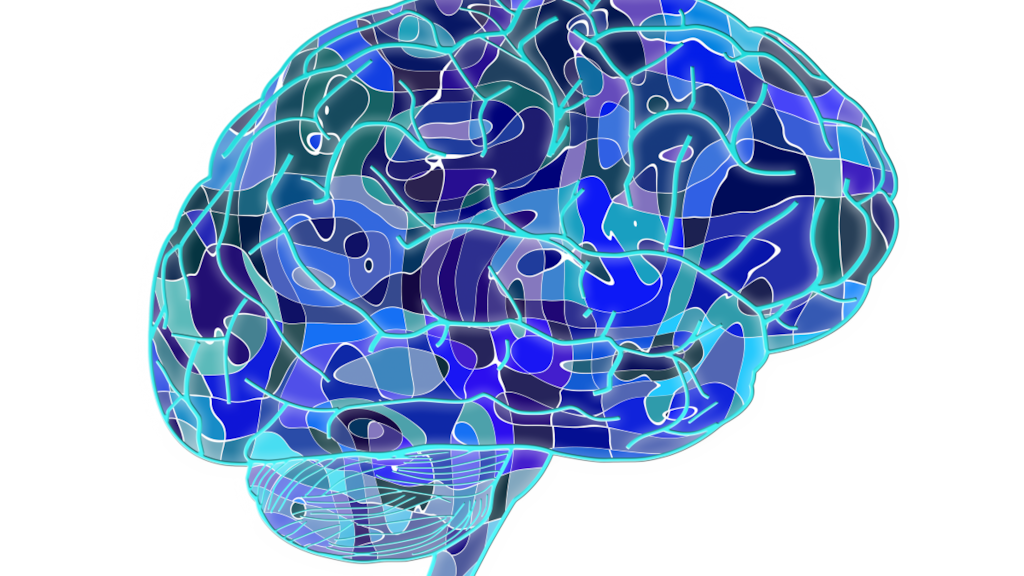
Alzheimer’s disease is an irreversible, progressive brain disorder that is the most common cause of dementia among older adults. Key symptoms of the condition include a slow loss of memory and thinking skills and eventually, an inability to carry out daily simple tasks.
Symptoms usually start to appear in a person’s mid-sixties (called late-onset Alzheimer's). Rarely, some people develop the condition between the age of 30 and 60 (called early-onset Alzheimer’s).
What causes Alzheimer’s?
Alzheimer’s disease is caused by brain cell death, although experts are still not sure exactly what triggers the condition. People with Alzheimer’s have a significantly reduced number of nerve cells and connections.
The brains of people with Alzheimer’s are dramatically reduced in size with widespread tissue loss. Autopsies show many abnormal clumps (called amyloid plaques) and tangled bundles of fibers (called neurofibrillary, or tau, tangles) are present. These plaques and tangles in the brain are considered one of the main features of Alzheimer’s disease. Damage usually starts in the hippocampus before becoming widespread.
What are the symptoms of Alzheimer’s?
Difficulty remembering newly learned information is the most common early symptom of Alzheimer’s. This is because the condition usually begins in the part of the brain that affects learning. Language problems can also be a key early symptom, for example, struggling to find the right words. As the disease progresses, symptoms become more severe and noticeable and may include:
- Disorientation in time and place
- Mood and behavior changes
- Confusion about events, times, or places
- Paranoia or unfounded suspicion about family, friends, or caregivers
- Serious memory loss
- Sleep disturbances
- Difficulty speaking, swallowing or walking.
Symptoms are often more obvious to friends and family of the person with Alzheimer’s, rather than to the person themselves.
Who is at risk of developing Alzheimer’s?
People are more likely to develop Alzheimer’s disease if they are:
- Of an older age
- Have a family history of the condition
- Carry certain genes
- Have a history of severe or repeated head/brain injuries (a moderate traumatic brain injury (TBI) doubles the risk of developing dementia while a severe TBI increases it 4.5 times)
- Have been exposed to toxic metals, pesticides, or certain chemicals.
The risk of Alzheimer’s appears reduced in people who:
- Get regular exercise
- Maintain a healthy cardiovascular system
- Don’t smoke
- Treat medical conditions such as high blood pressure, diabetes, cardiovascular disease
- Follow a healthy diet
- Stay mentally and socially engaged.
How is Alzheimer’s diagnosed?
People experiencing dementia-like symptoms should see a doctor as soon as possible.
For a doctor to diagnose Alzheimer’s, a person must have experienced a decline in their cognitive function or behavior that interferes with their ability to function at work or in usual activities.
At least two of the five following symptom areas must be affected:
- Difficulty remembering newly learned information (manifested by repetitive questioning or conversations, misplacement of objects, or forgetting events/appointments)
- Reduced organizational ability and noticeable impairment in judgment (inability to manage finances or plan sequential activities, poor decision-making, not recognizing safety risks)
- Reduced visuospatial abilities not attributable to eyesight difficulties (eg, inability to recognize faces or common objects, difficulty orientating clothing to the body)
- Speech, reading or writing ability is impaired (difficulty remembering the right words, hesitations while speaking, increase in spelling errors)
- Personality and behavioral changes (eg, agitation, social withdrawal, lack of interest or motivation, loss of empathy, socially unacceptable behavior).
Symptoms must have come on gradually, over months to years, rather than hours or days.
How is Alzheimer’s Treated?
Treatment aims to make it easier for people with Alzheimer’s to live with the disease by reducing symptoms and improving quality of life. There is no cure for Alzheimer’s.
Participation in activities, daycare programs, and support groups form part of Alzheimer's care.
Cholinesterase inhibitors and NMDA receptor antagonists may also be considered.


